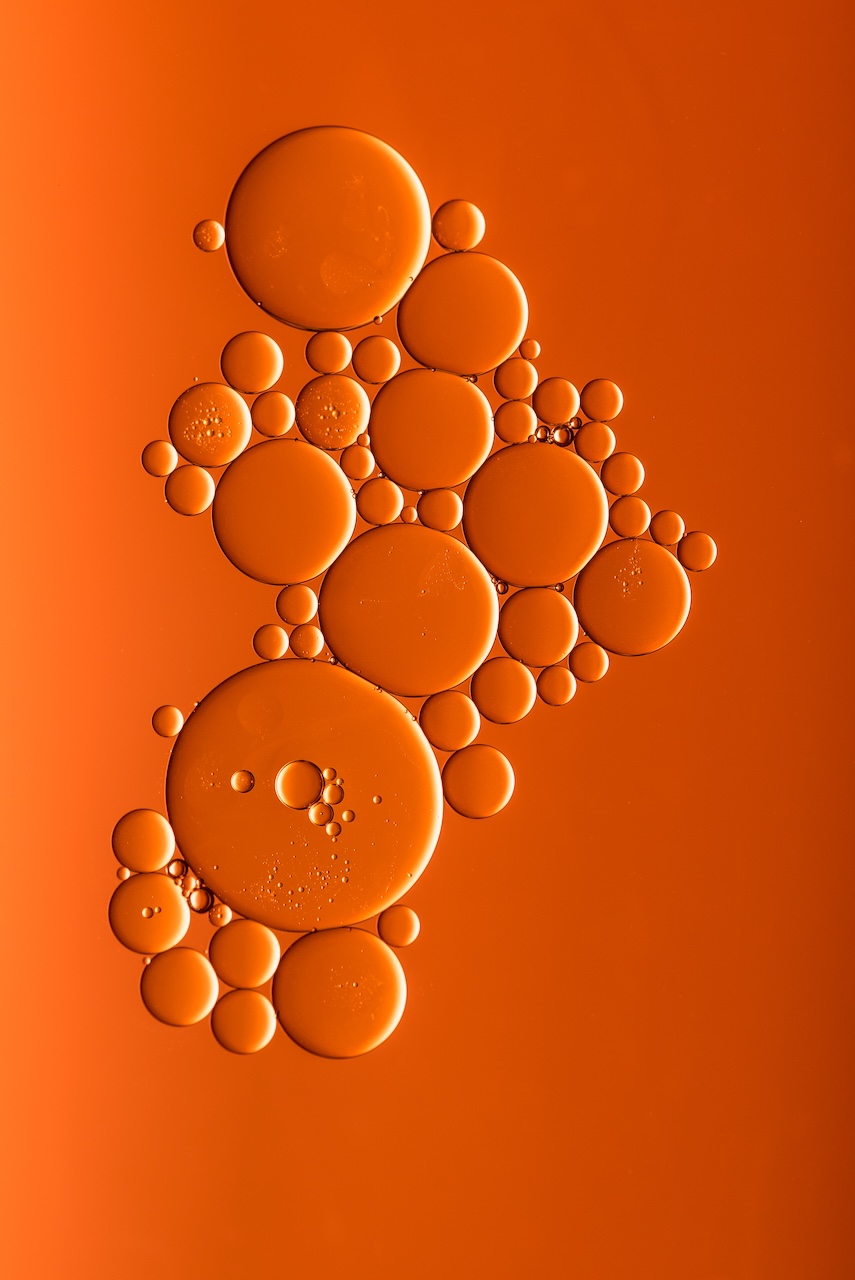Eureka!, the investment vehicle specialized in deeptech, announces that it has finalized two additional innovation contracts with the Institute for Polymers, Composites and Biomaterials (IPCB) of the CNR and the University of Bologna, to promote the technology transfer of science-based innovations developed by Italian universities and research institutions in the field of advanced materials and, more generally, materials science and engineering. Reflex and Bloxy are the new proof of concept (PoC) initiatives chosen for a total investment of 500 thousand euros. In particular, Eureka! TT, the innovative startup that acts as an investment company on behalf of the Eureka! Fund I – Technology Transfer, invests in two new PoC projects. The projects presented by the research teams of Italian Universities and Research Centers are financially supported by Eureka! TT, which monitors its progress and related results in order to subsequently enhance it through the establishment of dedicated spin-off companies. The two new approved investments, which are in addition to seven other PoCs already funded, target the Reflex projects of the Institute for Polymers, Composites and Biomaterials (IPCB) of the CNR, and Bloxy of the University of Bologna, Giacomo Ciamician Department of Chemistry and Toso Montanari Department of Industrial Chemistry. “We welcome two multidisciplinary and complementary teams to complement Eureka’s portfolio of proof-of-concept investments! Fund, with innovative and sustainable solutions in the field of advanced packaging – says Stefano Peroncini, CEO of Eureka! Venture SGR is Partner of Eureka! Fund – We are pleased today to be able to confirm the validity of our investment thesis in the advanced materials sector, thanks to which we have invested in 21 deeptech projects to date (12 companies and 9 PoC projects)”.
Packaging & Packaging
Reflex aims to develop an adhesive for the production of laminated films, which has a high barrier to gases and which allows easy delamination and separation of the layers to facilitate the recycling of the multilayer film. Multilayer packaging, in fact, involves the use of different materials to form the structure of a package. The plastic used as a mono-material is completely recyclable, the separation processes are simple and consolidated; Hence, mono-material packaging is recycled efficiently achieving very high recycling rates. On the other hand, the possibility of being able to easily recycle multi-material multilayer films is still a particularly complex challenge today. In this context, Reflex aims to develop an adhesive capable of both allowing the separation by delamination of the different layers and therefore their individual recycling in a circular economy, and reducing oxygen permeability by creating an excellent gas barrier preventing the deterioration of the packaged product and ensuring its quality. Reflex’s technology is therefore potentially destined for packaging applications not only in food but also in cosmetics and pharmaceuticals. “The material proposed in the PoC Reflex is related to an issue on which, especially currently, there is a strong focus of institutions, supply chain and consumers – says Giovanna G. Buonocore, head of the PoC Reflex -. The issue of environmental sustainability has led companies producing and using packaging to re-evaluate some choices with a view to reducing impacts. The adhesive proposed in the PoC Reflex may be of particular interest both for companies operating in the reference sector because it can bring significant competitive advantages, and for consumers who are increasingly aware and attentive to the issue of the “end of life” of packaging”. The Bloxy project team has developed and patented an active and sustainable material that, when used as a packaging material, protects oxygen-sensitive food and beverages from oxidative processes, preserving product quality for much longer periods than currently used packaging materials. The material designed by Bloxy is eco-friendly and sustainable. The material is placed between two thin packaging sheets as a thin film, which acts as an active barrier to oxygen. The technology devised by Bloxy will be used during the PoC project for food packaging applications, but also offers great opportunities for storing cosmetics and medicines. “Packaging is undergoing a huge revolution in order to reduce food waste and packaging waste and to provide high-quality food at reasonable costs. We are convinced that we are making a fundamental contribution to this development by transferring the fabrication and testing of our material from the laboratory scale to the industrial scale.” says Andreas Lesch, PI of the Bloxy project and associate professor at the University of Bologna. “This POC project is a great opportunity to increase the TRL level of our invention and to build and expand the industrial network of potential users of our invention thanks to the support of Eureka!”, adds Francesco Zerbetto, member of the Bloxy team and full professor at the University of Bologna. “Our commitment to bring out the results of Italian scientific research and to define the best trajectories for enhancement continues. This time the protagonists are two teams with whom we intend to develop solutions, also integrated with each other, capable of responding to one of the main challenges of food packaging, that of better food preservation”, comments Anna Amati, partner who followed the investments for Eureka! Fund. (Photo by Sharon Pittaway on Unsplash )
ALL RIGHTS RESERVED ©
